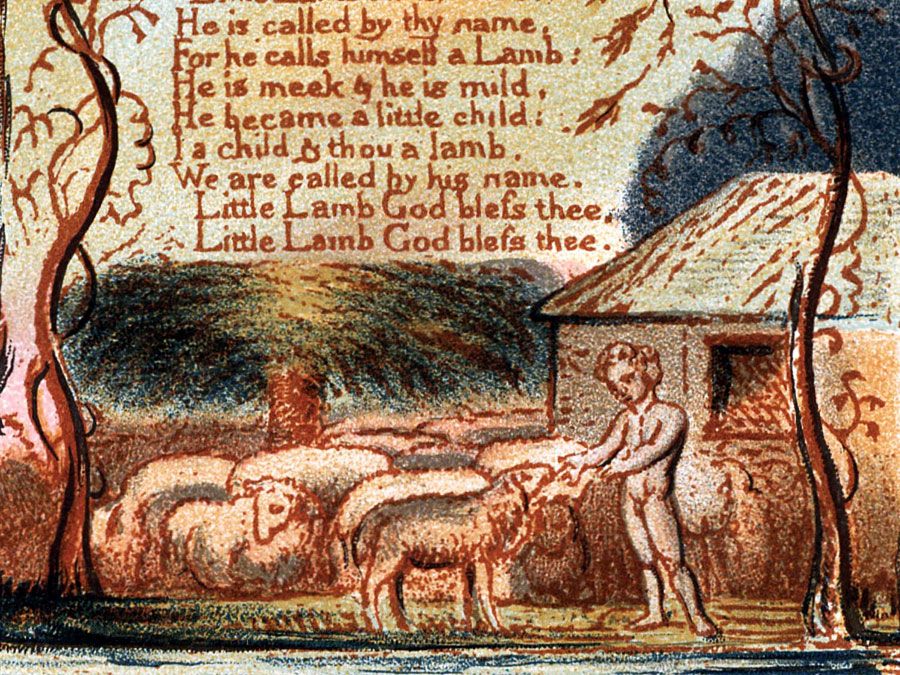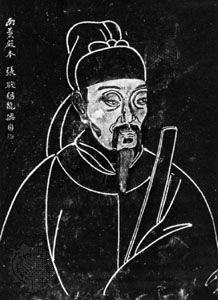Du Fu
- Wade-Giles romanization:
- Tu Fu
- Also called:
- Du Gongbu or Du Shaoling
- Courtesy name (zi):
- Zimei
- Born:
- 712, Gongxian, Henan province, China
- Died:
- 770, on a riverboat between Danzhou [now Changsha] and Yueyang, Hunan province (aged 58)
Du Fu (born 712, Gongxian, Henan province, China—died 770, on a riverboat between Danzhou [now Changsha] and Yueyang, Hunan province) was a Chinese poet, considered by many literary critics to be the greatest of all time.
Born into a scholarly family, Du Fu received a traditional Confucian education but failed in the imperial examinations of 735. As a result, he spent much of his youth traveling. During his travels he won renown as a poet and met other poets of the period, including the great Li Bai. After a brief flirtation with Daoism while traveling with Li Bai, Du Fu returned to the capital and to the conventional Confucianism of his youth. He never again met Li Bai, despite his strong admiration for his older, freewheeling contemporary.
During the 740s Du Fu was a well-regarded member of a group of high officials, even though he was without money and official position himself and failed a second time in an imperial examination. He married, probably in 741. Between 751 and 755 he tried to attract imperial attention by submitting a succession of literary products that were couched in a language of ornamental flattery, a device that eventually resulted in a nominal position at court. In 755 during An Lushan’s rebellion, Du Fu experienced extreme personal hardships. He escaped, however, and in 757 joined the exiled court, being given the position of censor. His memoranda to the emperor do not appear to have been particularly welcome; he was eventually relieved of his post and endured another period of poverty and hunger. Wandering about until the mid-760s, he briefly served a local warlord, a position that enabled him to acquire some land and to become a gentleman farmer, but in 768 he again started traveling aimlessly toward the south. Popular legend attributes his death (on a riverboat on the Xiang River) to overindulgence in food and wine after a 10-day fast.

Du Fu’s early poetry celebrated the beauty of the natural world and bemoaned the passage of time. He soon began to write bitingly of war—as in “Bingqu xing” (“The Ballad of the Army Carts”), a poem about conscription—and with hidden satire—as in “Liren xing” (“The Beautiful Woman”), which speaks of the conspicuous luxury of the court. As he matured, and especially during the tumultuous period of 755 to 759, his verse began to sound a note of profound compassion for humanity caught in the grip of senseless war.
Du Fu’s paramount position in the history of Chinese literature rests on his superb classicism. He was highly erudite, and his intimate acquaintance with the literary tradition of the past was equaled only by his complete ease in handling the rules of prosody. His dense, compressed language makes use of all the connotative overtones of a phrase and of all the intonational potentials of the individual word, qualities that no translation can ever reveal. He was an expert in all poetic genres current in his day, but his mastery was at its height in the lüshi, or “regulated verse,” which he refined to a point of glowing intensity.


















